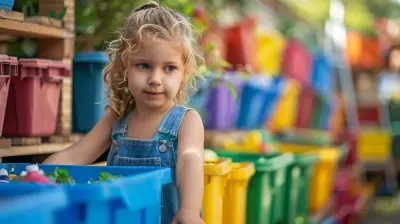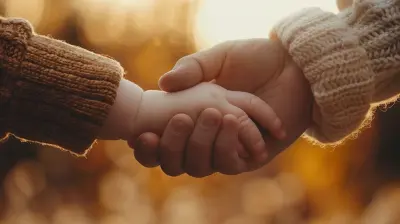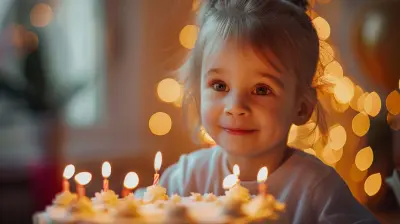How to Help Your Preschooler Make Friends
3 June 2025
Watching your little one navigate the world of friendships can be a rollercoaster of emotions, right? Sometimes they’re the life of the sandbox party, and other times they’re clutching your leg like it’s the last life raft on a sinking ship. Making friends as a preschooler isn’t just about sharing toys (though, let’s face it, that’s a big deal). It’s about building social skills, learning empathy, and developing confidence.
So, how can you help your preschooler make friends while keeping everything fun, positive, and pressure-free? Don’t worry; I’ve got your back. Let’s dive into some practical tips and tricks to help your little social butterfly take off. 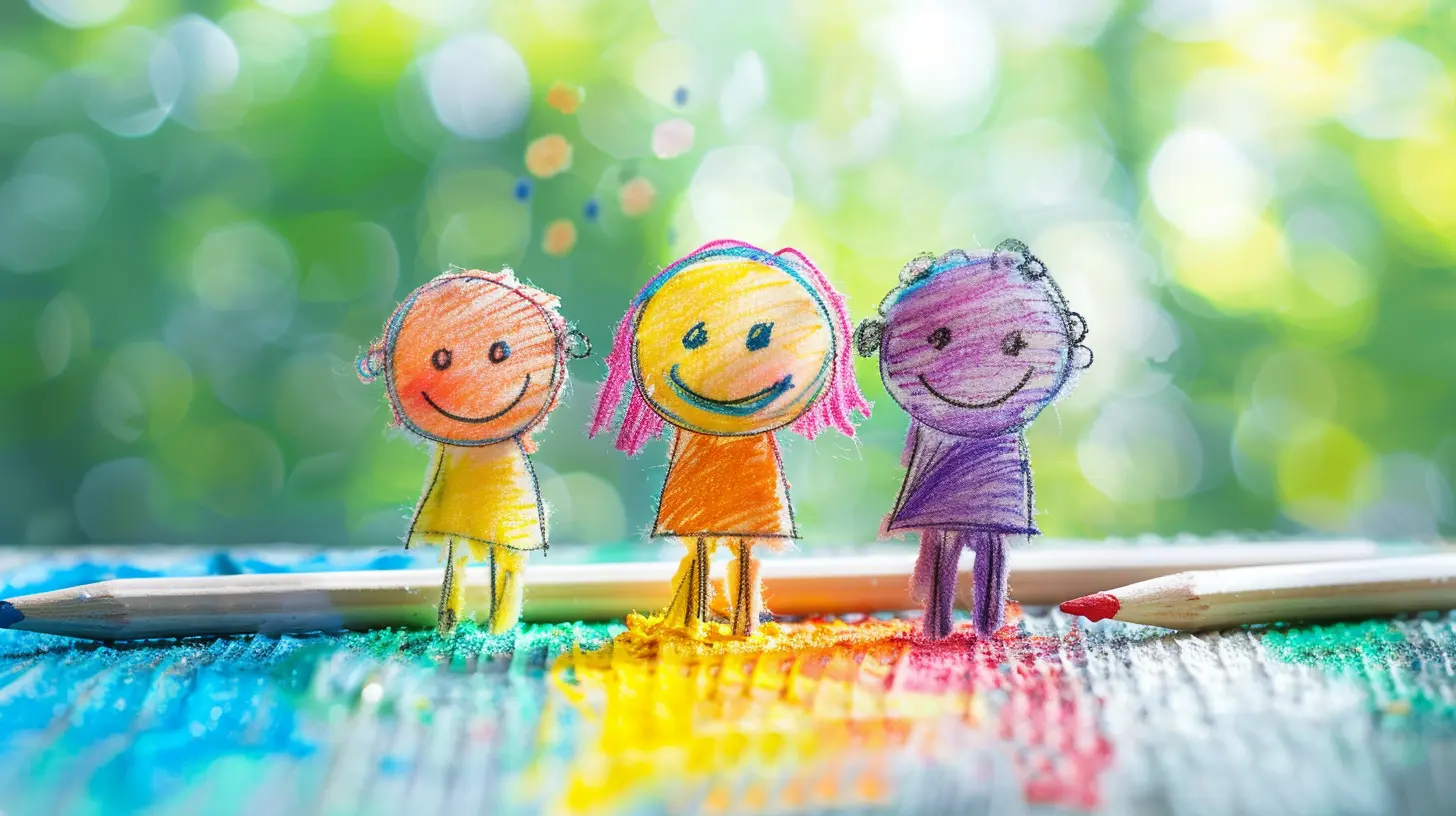
Why Friendships Matter in the Preschool Years
Preschool years are a magical time. Your child is discovering their personality, building confidence, and trying to figure out how to navigate the world. Friendships play a crucial role in this journey.But, wait—why exactly are friendships so important for preschoolers?
- Social development: Friendships help your child learn key social skills like cooperation, turn-taking, and communication.
- Emotional growth: When your child bonds with others, they’re learning about empathy and understanding emotions.
- Confidence booster: Finding a buddy who "gets them" can do wonders for their self-esteem.
The good news? Preschoolers are naturally curious and open to forming connections. Your role is to gently guide and nudge them in the right direction. 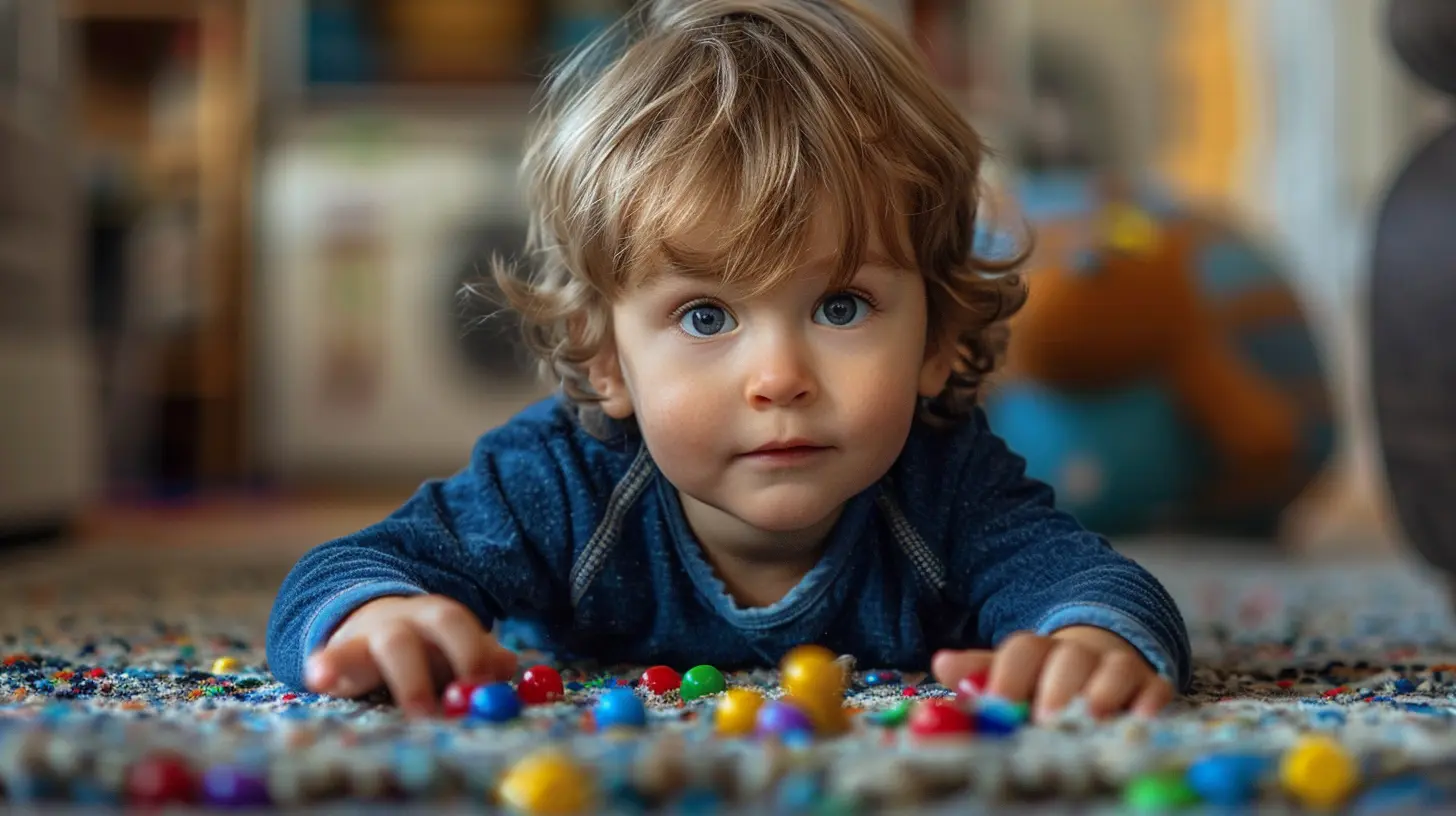
Start with Role-Playing at Home
Think of it as a "practice round" for social situations. Pretend play isn’t just fun—it’s a genius way to teach your child how to navigate real-life interactions. You can set up little scenarios like:- Taking turns during a game.
- Asking someone to play with them.
- Sharing toys without that dramatic "Mine!" moment (we’ve all been there).
For example, you could say, "I’m your friend at the park. What would you say if I wanted to play on the slide with you?" This gives your preschooler the chance to rehearse different responses. And hey, it’s also a great excuse to act silly together! 
Teach Them the Magic Words: “Can I Play Too?”
Let’s be real—approaching a group of kids can be overwhelming, even for adults. So, why not give your preschooler a simple go-to phrase like, "Can I play too?" It’s polite, direct, and shows that they’re interested in joining the fun.Practice this phrase at home until they feel confident saying it on their own. Sure, it might take a few tries, but once they get the hang of it, they’ll feel like a pro. 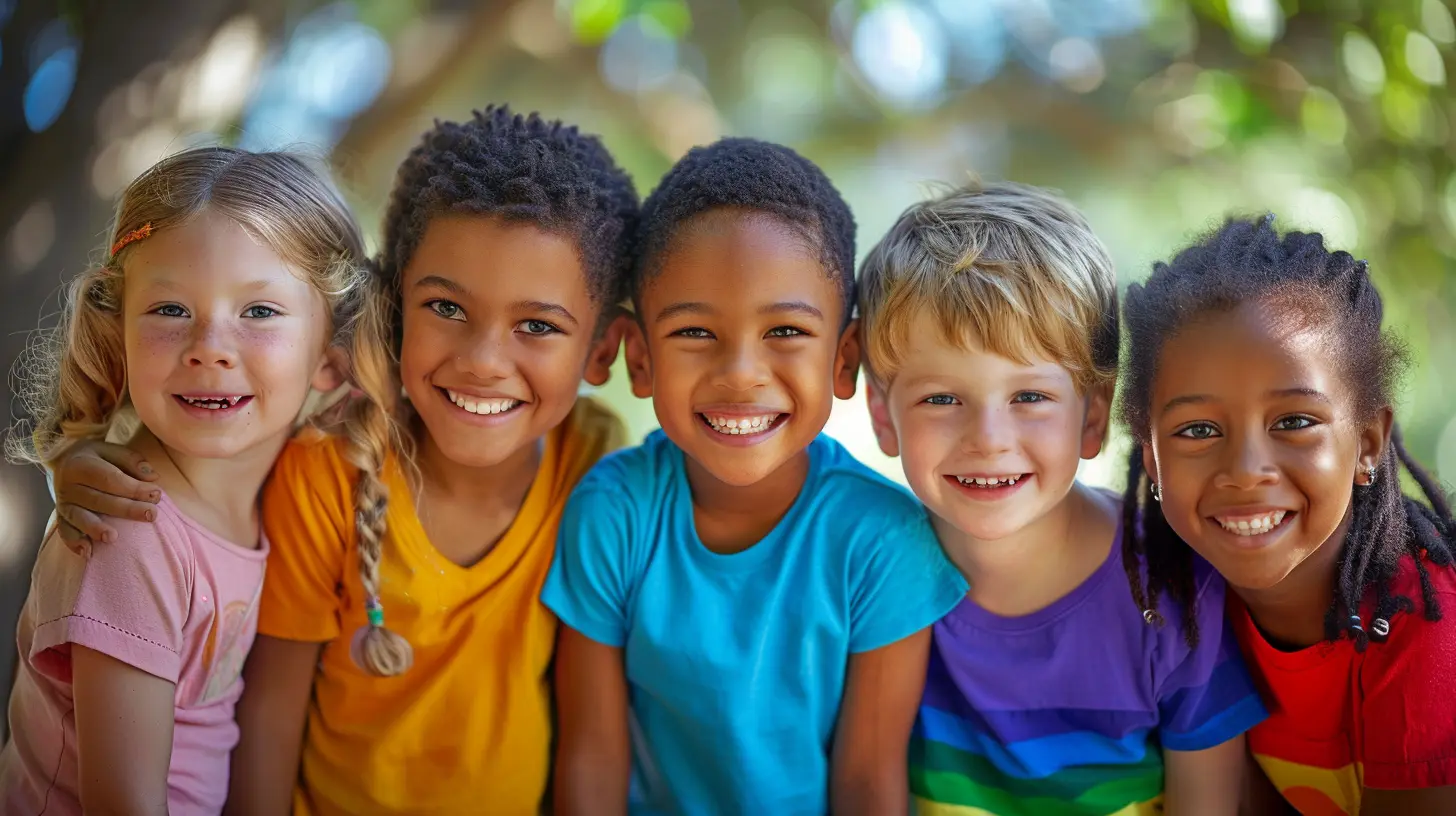
Encourage Playdates
Ah, the good old playdate—a classic for a reason! Organizing one-on-one playdates can create a low-pressure environment for your preschooler to bond with another child.Here’s how to make it a success:
- Choose the right kid: Invite a child your preschooler seems to naturally gravitate toward.
- Keep it short: Aim for about an hour or two. Any longer, and you risk meltdowns.
- Have a plan: Set up age-appropriate activities or games to keep them engaged.
And remember, if they don’t instantly click, that’s okay! Sometimes friendships take time to grow, and that’s completely normal.
Model Good Social Behavior
Kids are like little sponges—they’re always soaking up what they see us do. So, one of the best ways to teach your preschooler about making friends is to model the behavior yourself.Chat with other parents at the park, lend that spare juice box to another kid, or even show kindness in small ways like holding the door for someone. Your preschooler will notice these things and start to imitate you.
Boost Their Confidence
Let’s face it: putting yourself out there can be scary, even for adults. If your preschooler is shy or nervous about making friends, it may be because they’re not feeling super confident yet.Here’s how you can give their confidence a little boost:
- Celebrate their strengths: Tell them, "You’re so good at building towers. I bet other kids would love to play with you!"
- Reassure them: Let them know that it’s okay if someone says no. There are plenty of other friends to make.
- Teach self-reliance: Encourage your child to play independently sometimes. This helps them feel comfortable in their own skin, which can attract other kids.
Be Patient and Let Them Do It Their Way
Friendship-making is a skill, and like any skill, it takes time to develop. Some kids are naturally outgoing, while others may be more reserved. There’s no "one-size-fits-all" timeline for making friends.Give your preschooler plenty of opportunities to interact with other kids but avoid hovering or forcing connections. Trust me, they’ll get there in their own time.
Introduce Group Activities
Group activities are a great way to help your child meet other kids with similar interests. Look into options like:- Mommy-and-me classes.
- Library storytime sessions.
- Community sports or dance programs for toddlers.
These environments encourage teamwork and cooperation, which are essential friendship-building skills. Plus, they’re a lot of fun!
Teach Empathy
Empathy is the secret sauce of successful friendships. Teaching your preschooler to understand and care about others’ feelings can make a world of difference.How do you teach empathy to a preschooler?
- Use books and stories: Read books where characters share, compromise, or make friends. Ask your child how they think the characters feel.
- Talk it out: If they upset a friend, gently explain how their actions might have made the other child feel.
- Praise kind behavior: When they’re kind to another child, let them know you noticed. For example, "That was so thoughtful of you to share your crayons!"
Teach Them to Handle Rejection Gracefully
Let’s be real—not every kid your preschooler meets is going to want to be their BFF. And while that’s tough to watch, it’s also a valuable learning experience.Help them understand that it’s okay if someone doesn’t want to play. Explain that they can try again later or look for someone else to join. Letting them experience small, manageable disappointments early on helps build resilience for the future.
Celebrate Their Wins
Did they share their favorite toy? High-five! Did they ask someone to play and get a yes? Time for a happy dance! Celebrate those little victories, because they add up to big milestones in your child’s social life.Your encouragement and positive reinforcement will let your preschooler know they’re on the right track—and they’ll be even more excited to keep trying.
When to Step In
Sometimes, despite all your efforts, your child might still struggle to make friends. That’s completely okay, and it doesn’t mean you’ve done anything wrong.If they’re consistently anxious, withdrawn, or seem upset about friendships, don’t hesitate to have a chat with their teacher or caregiver. These professionals spend a lot of time observing social interactions and can offer valuable insights.
Final Thoughts
Helping your preschooler make friends is part of the exciting adventure of parenthood. It’s a process that requires patience, gentle guidance, and a sprinkle of creativity. By teaching them social skills, boosting their confidence, and giving them plenty of opportunities to practice, you’re setting them up for friendship success—not just now, but for the rest of their lives.And remember, whether they make one best friend or a whole group of buddies, what matters most is that they feel happy and valued. You’re doing an amazing job, and your little one is lucky to have you cheering them on every step of the way.
all images in this post were generated using AI tools
Category:
Parenting PreschoolAuthor:

Maya Underwood
Discussion
rate this article
2 comments
Alana Middleton
Great tips! Encouraging playdates and open communication really helps preschoolers connect.
June 4, 2025 at 3:51 AM

Maya Underwood
Thank you! I'm glad you found the tips helpful for fostering connections in preschoolers.
Francesca McGuire
Thank you for sharing these valuable tips! Helping preschoolers build friendships is so important for their social development. I appreciate the practical approaches you've provided; they make it easier for parents to navigate this process.
June 3, 2025 at 4:54 AM

Maya Underwood
Thank you for your kind words! I’m glad you found the tips helpful for supporting preschool friendships.
